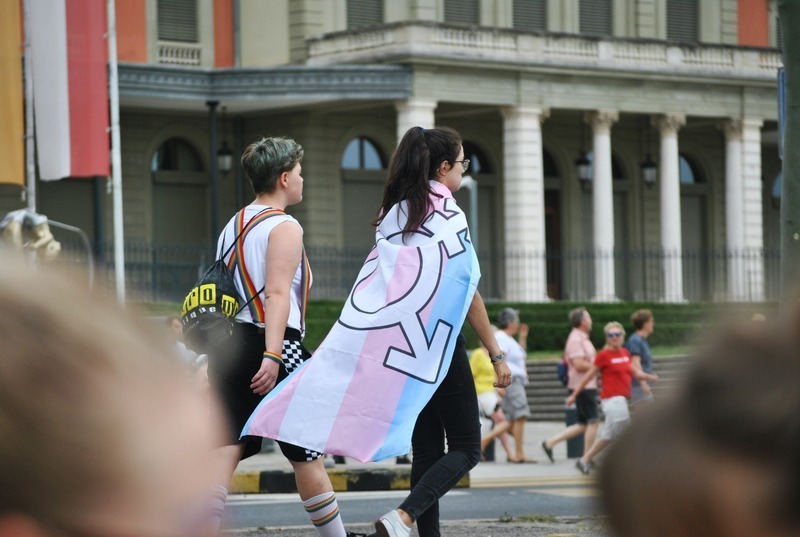
An order from the Archdiocese of Portland directing Catholic schools under its control to reject "gender identity theory" was made public last February. Archbishop Alexander K. Sample last month made the 17-page document titled "A Catholic Response to Gender Identity Theory" public.
The instruction claims that rather than self-perceived gender identification, biological sex identity should be used to determine things like names, pronouns, facility usage, dress, and participation in sports. This instruction is said to be in line with the previous rules adopted by several diocese of the Catholic Church all over the country.
Portland Archdiocese Advocates Rejection of "Gender Identity Theory"
According to the article in Oregon Live, the Portland archdiocese's policy is expected to encounter opposition from its schools given the region's progressive politics, particularly in light of previous disputes over LGBTQ+ rights. A policy prohibiting hiring LGBT people was changed by St. Mary's Academy in 2015 as a result of public outcry over the dismissal of a counselor who identified as gay and had plans to be married. The dismissal had the approval of Archbishop Sample.
The document offers specific instructions for schools, such as the use of pronouns based on students' biological sex, the restriction of all-gender restrooms, the use of sports and extracurricular activities based on biological sex, uniforms that correspond to biological sex, and the prohibition of Catholic institutions from endorsing gender identity theory through signage or symbols. The possible impact of this policy on the region's progressive political scene remains to be seen, but it highlights the persistent tension between the church's historical position and changing social attitudes toward gender identity and LGBTQ+ rights.
Senator Kate Lieber of Oregon has expressed her disagreement with the recent Archdiocese of Portland decree that forbids the teaching of "gender identity theory" in nearby Catholic schools. Lieber, the majority leader of the Oregon State Senate and a member of the LGBTQ Caucus, found the rules particularly upsetting.
Lieber blasted the church's new stance, which basically forbids Catholic organizations from aiding gender change, in an interview with the regional news source Koin. She voiced worry that by downplaying the identities and experiences of LGBTQ people, this position could foster an unsafe and damaging atmosphere for kids.
Also Read: Archdiocese Issues Revised Gender Policy Focusing on Biological Sex for Pronouns and Bathrooms
Uninterested in the "Signs of the Times"
In the article that was shared in the National Catholic Register, the author examines Archbishop Alexander Sample's decision to communicate with young people based on their "biological sex identity," which was made public on the day honoring Saul's transformation into Paul. The author urges a change from logic to the vulnerability of divine encounters by emphasizing that conversion is not about agreeing with rational truth but rather receiving an invitation from God to experience the divine.
The author's opinions on gender fluidity have greatly changed, going from initial dismissal to comprehension. They criticize theological dogmas and the church's cognitive approach to gender and sexuality, arguing that it is important to recognize how these identities are constructed through sociocultural and political processes.
Concerning the conflating of gender and sexuality in church doctrine, the author points out that professionals separate these concepts. They urge the church to be open to criticism and to adopt a living tradition that develops as society does. They emphasize that the church's view of God's eternal law is based on culture, experience, language, and context by pointing out that the church frequently disregards scientific findings in contrast to its natural law heritage.
Related Article: Portland Archbishop Urges Catholic Schools to Adhere to Traditional Gender Identities in Name and Pronoun Use



















